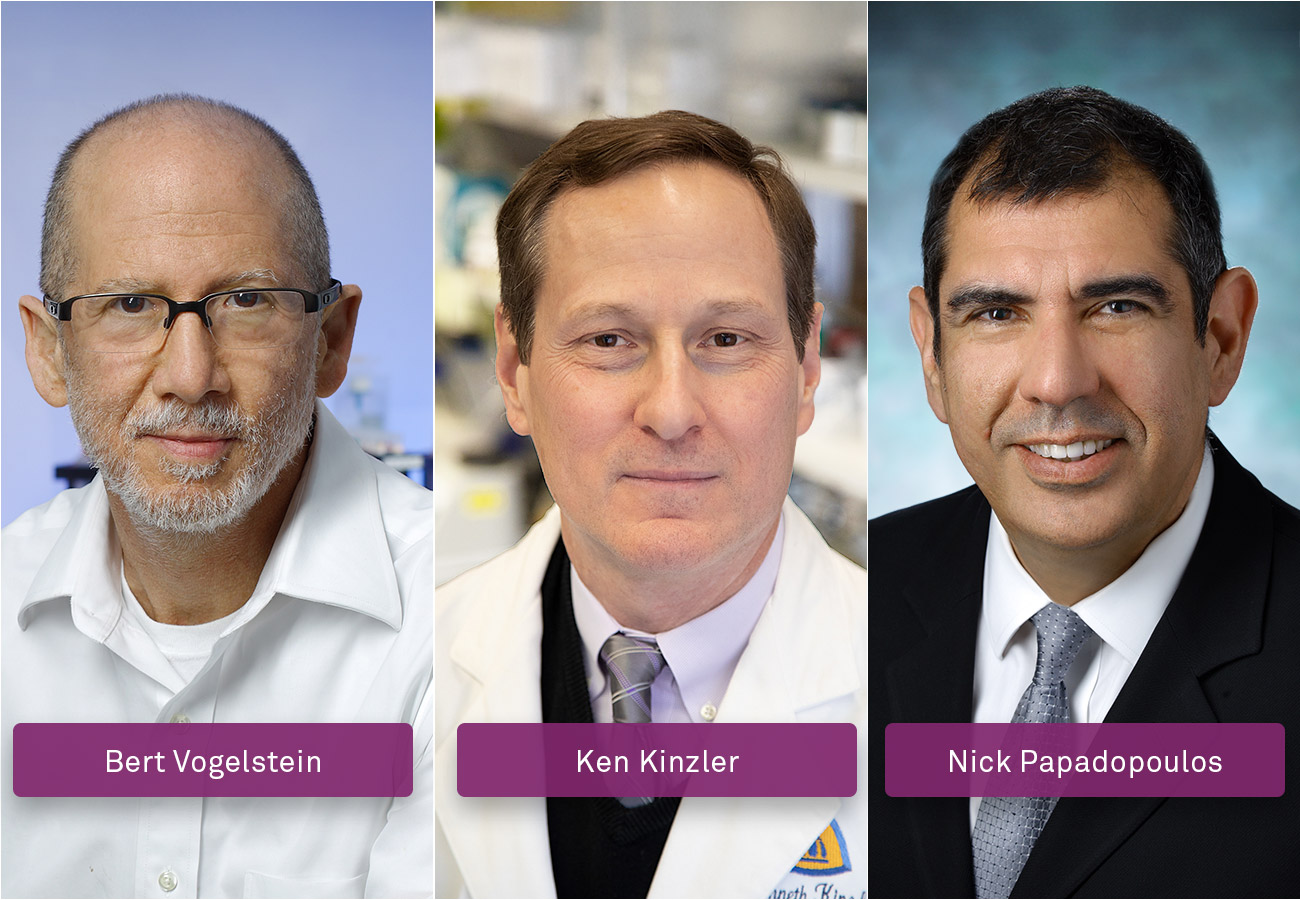Delivering confidence in MRD testing
Superb ctDNA detection accuracy
We empower clinicians and biopharma with exceptionally accurate insights that help inform clinical management and therapeutic development.

High precision
Exceptional sensitivity and specificity
Neoadjuvant response
Measure ctDNA in the neoadjuvant setting to assess treatment response.
Residual disease detection
Exceptional sensitivity and specificity for informed adjuvant therapy decision-making.
Treatment response assessment
Follow patient’s response to adjuvant therapy to greater depths and with better sensitivity than traditional methods.
Recurrence surveillance
Limit of detection of 0.0006% means that patients who recur may be identified earlier than with traditional methods.
Purpose-built
The Haystack MRD difference
A track record of Innovation and leadership
Haystack MRD is the product of more than 20 years of pioneering work in liquid biopsy technologies and further development by Quest Diagnostics.
Haystack technology was built on the foundational work of cancer genomics pioneers, whose discoveries have transformed clinical practice for cancer patients.
Haystack technology Doubles down on confidence
Through patented error-correction technology, Haystack MRD performs deep sequencing to confirm that variants are detected on both DNA strands, effectively double-checking each variant. By setting a higher standard for accuracy, Haystack MRD provides results clinicians can act on with confidence.
Prioritized patient access with The power of Quest
Haystack MRD is part of Quest Diagnostics—one of the world’s leading provider of diagnostic services. With Quest’s proven ability to scale innovation from the lab bench to millions of patients, Haystack MRD is part of one of the broadest test solution portfolios in oncology and beyond.
Industry upates
Recent news
Find out what’s happening with Haystack oncology solutions and stay up-to-date with industry news.

Webinar: How ctDNA can assist in critical nonoperative management decisions

We’ll be at ESMO 2025




